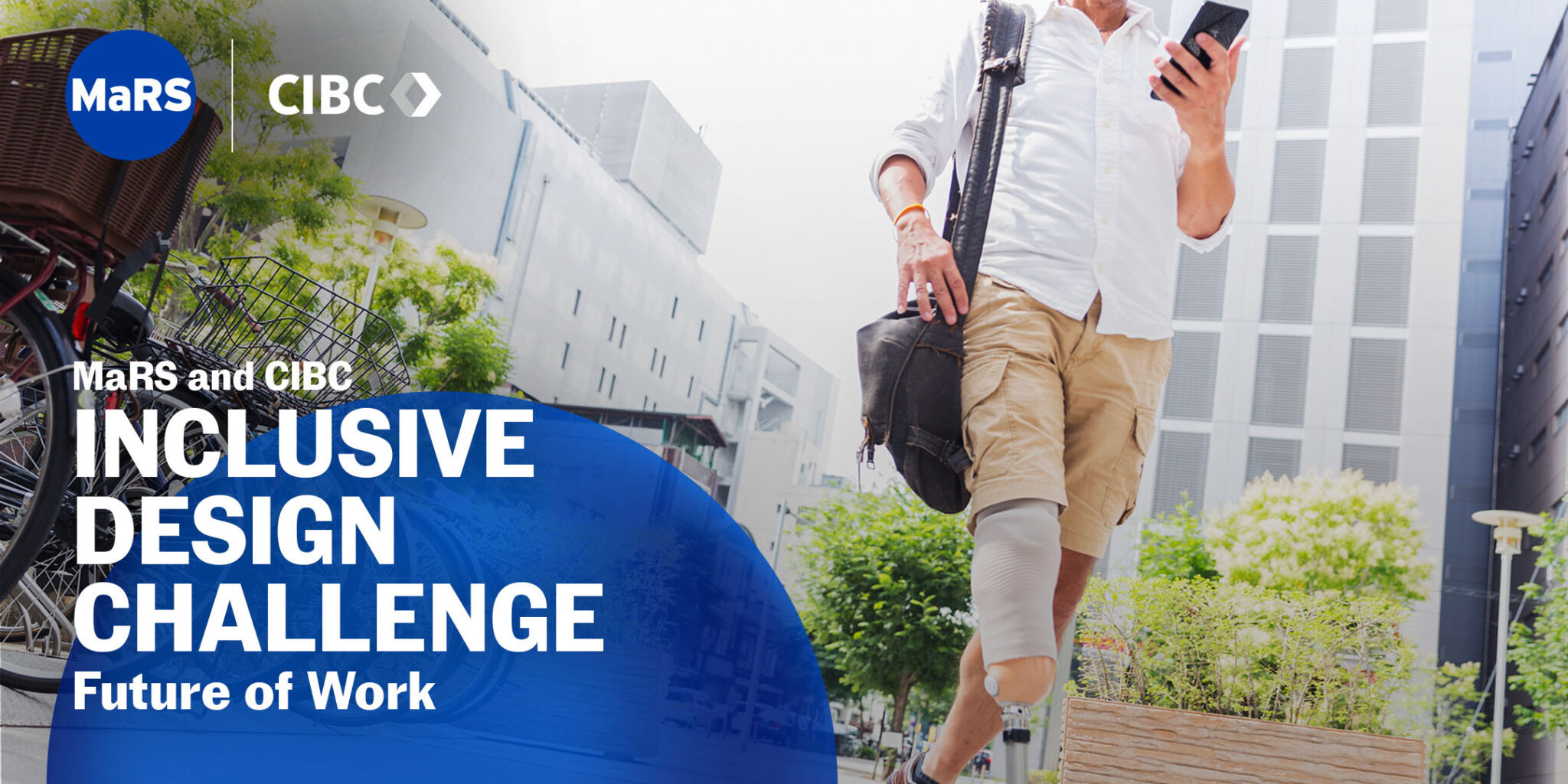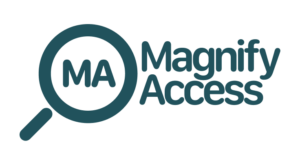Announcing the MaRS and CIBC Inclusive Design Challenge: Future of Work Winners

CIBC and MaRS Discovery District are pleased to announce the winners of the fourth and final Inclusive Design Challenge, focusing on the Future of Work. The final edition, launched in December 2023, addresses a critical concern: AI bias in recruitment practices and its disproportionate impact on persons with disabilities. The challenge called for inventive solutions, both technological and non-technological, across two streams: Stream A targeted idea generation and Stream B looked at advanced, practical solutions.
The Winners
Stream A (idea generation solutions)
$20,000 Prize Winner: Equity First HR

Equity First HR is an anti-racist, anti-oppressive consultancy focused on changing the way we work. Its submission is focused on advancing EDIBA+ through AI processes to detect bias and mitigate harm caused by exclusion. EquiAI is an innovative tool designed to ensure fairness and inclusivity in recruitment processes by actively detecting and mitigating biases. It seeks to leverage AI to even the recruitment process for folks with disabilities.
$5,000 Prize Winner: Placemaking 4G

P4G helps create workplaces people want to be in through human centric recruitment and educational offering to employers. P4G is building an Applicant Tracking System (ATS) called Placemaker, designed to support human-centric recruiting practices and, ultimately, improve equitable access to prosperity. Placemaker will leverage technology to streamline the recruitment process while reducing bias and other barriers when it comes to hiring candidates. Placemaker will allow candidates to submit applications through methods most comfortable to them, addressing neurotypical bias and eliminating standardized processes that serve as barriers. Preferred candidate communication style will be prioritized, encouraging applicants to share and connect with the process in a manner that resonates with their authentic selves.
Stream B (advanced solutions)
$45,000 Prize Winner: Code for Canada

Code for Canada is a mission-driven, civic tech, national nonprofit that aims to improve life for residents using technology and design. Its aim is to promote, enable and advance the development of accessible and responsible public-interest technology, civic technology and digital government across Canada. Gathering Residents to Improve Technology (GRIT) is a service that connects technology creators with diverse and under-represented communities across Canada, including people with disabilities. Through GRIT, service delivery teams are able to build better digital products and services for the people who will ultimately be using them. In turn, users are able to provide direct and honest feedback on the design and development of digital solutions intended to serve them. By including people with disabilities in design and development, GRIT mitigates the risk of AI bias in technology solutions before they launch and helps ensure their accessibility.
$30,000 Prize Winner: Magnify Access

Magnify Access offers accessibility solutions, empowering organizations to foster inclusive workplaces while ensuring compliance with accessibility standards. MagnifyAI provides employers with a platform to integrate accommodation needs into their recruitment processes. This helps ensure that job opportunities are better aligned with the unique requirements of applicants with disabilities, enhancing workplace inclusivity and compliance. MagnifyAI is designed to dismantle ableist biases in AI-driven job-matching algorithms by integrating accommodation needs into its job-matching criteria. This ensures that job seekers with disabilities find roles that match both their skills and their accommodation requirements, fostering equitable employment opportunities and workplace inclusivity.
To stay up-to-date with the latest on the Inclusive Design Challenge, sign up for our mailing list.
To learn more about the series, visit our homepage here.